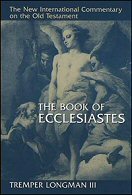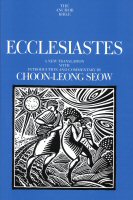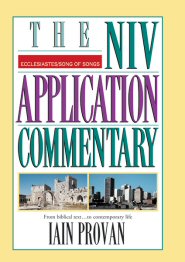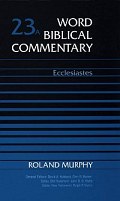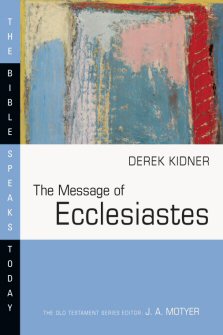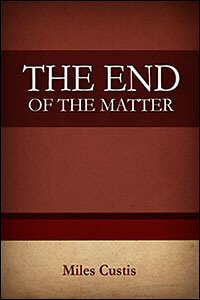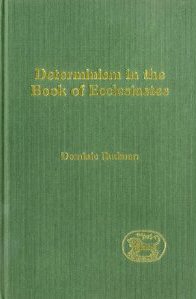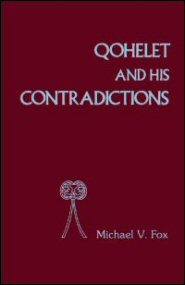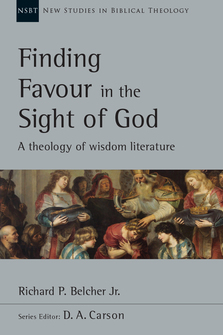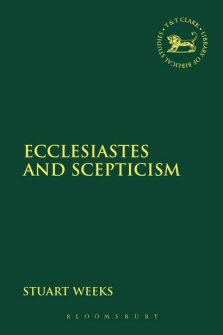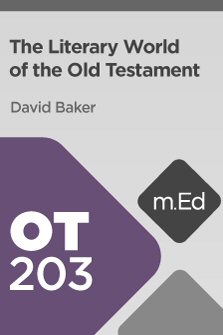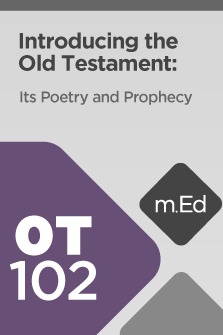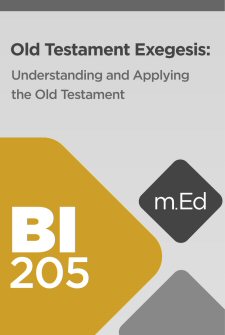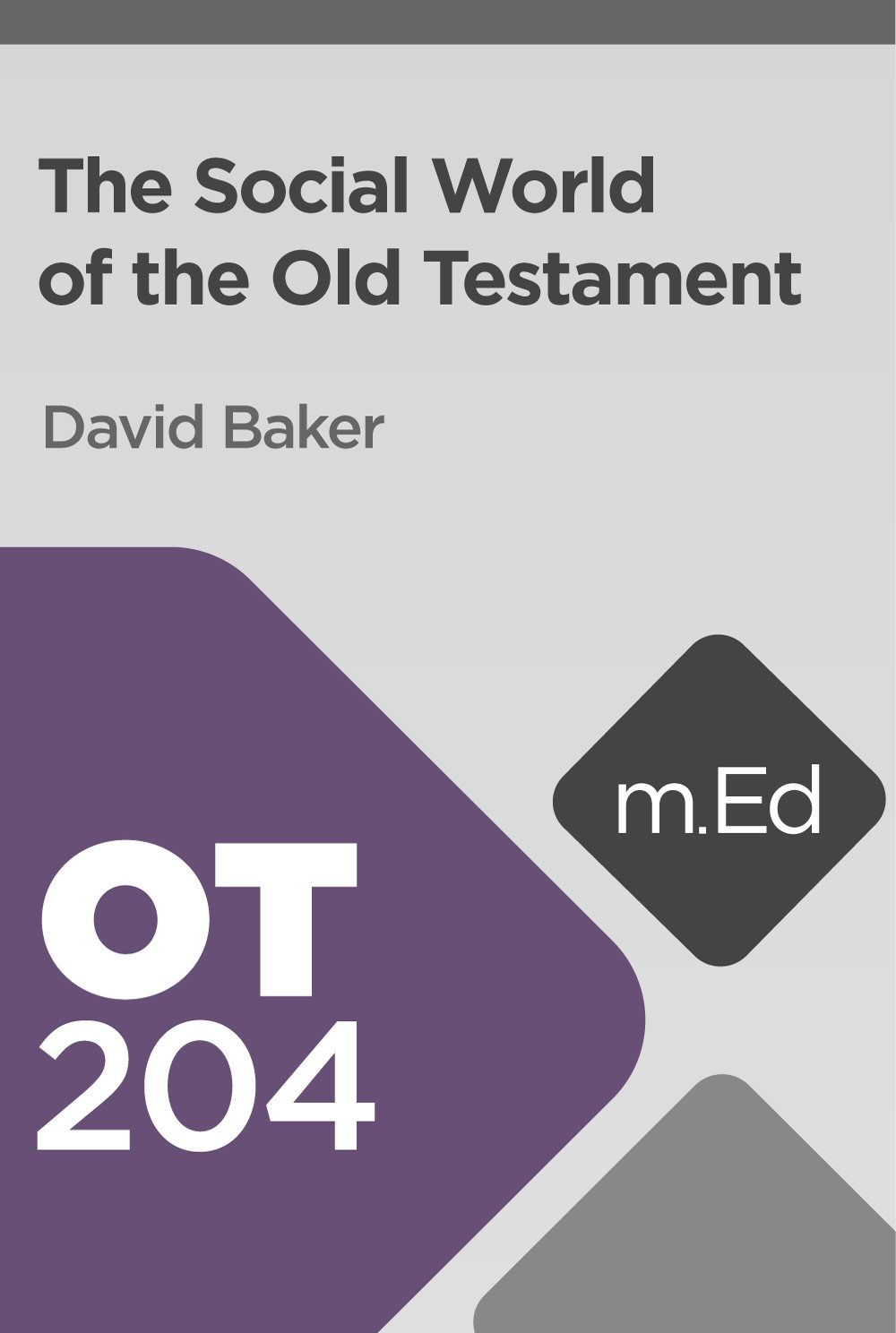Ecclesiastes and Song of Songs
The Ecclesiastes–Song of Solomon Expository Preaching Kit (L) helps you plan an expositional sermon series by curating a trifecta of the best Bible study materials on Ecclesiastes–Song of Solomon you need to prep and preach. It includes everything in Ecclesiastes–Song of Solomon Expository Preaching Kit (S) and Ecclesiastes–Song of Solomon Expository Preaching Kit (M), plus resources like the Song of Songs (The New International Commentary on the Old Testament | NICOT), Ecclesiastes (The JPS Bible Commentary), and Preaching Christ from Ecclesiastes: Foundations for Expository Sermons.
Small
Medium
Large
